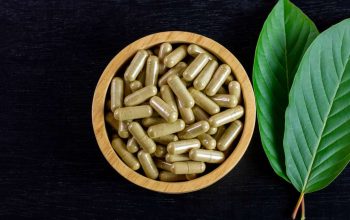Delta 9 THC and THC are two cannabinoids that have gained significant attention in recent years due to their potential therapeutic benefits and psychoactive effects. While both compounds are derived from the cannabis plant, they have distinct chemical structures and properties that set them apart. Let’s dive into the science behind these fascinating molecules.
Chemical Composition
Delta 9 THC, or Δ9-tetrahydrocannabinol, is the primary psychoactive compound found in cannabis. It has a chemical formula of C21H30O2 and is an isomer of THC. THC, on the other hand, refers to a group of compounds known as tetrahydrocannabinols, which includes delta 9 THC and other variants such as delta 8 THC and delta 10 THC.
Pharmacology and Effects
When consumed, delta 9 THC and THC interact with the body’s endocannabinoid system, specifically the CB1 receptors found in the brain and central nervous system. This interaction leads to the well-known psychoactive effects associated with cannabis use, such as altered perception, euphoria, and relaxation.
However, the effects of delta 9 THC and THC extend beyond just the “high.” These compounds have been studied for their potential therapeutic benefits, including pain relief, anti-inflammatory properties, and appetite stimulation. They have also shown promise in managing symptoms related to conditions like multiple sclerosis, epilepsy, and cancer.
Extraction and Concentration
Delta 9 THC and THC can be extracted from the cannabis plant using various methods, such as solvent extraction, CO2 extraction, or distillation. The extracted compounds can then be further purified and concentrated to create products like what is delta 9 vs thc, oils, edibles, and topicals.
The concentration of delta 9 THC and THC in these products can vary widely depending on the strain of cannabis used and the extraction process employed. It’s essential to understand the potency of the product and start with low doses to avoid potential adverse effects.
Legal Status and Regulations
The legal status of delta 9 THC and THC varies depending on the jurisdiction. In some countries and states, cannabis and its derivatives are legal for medical or recreational use, while in others, they remain prohibited. It’s crucial to stay informed about the local laws and regulations surrounding these compounds.
Even in places where cannabis is legal, there may be restrictions on the amount of delta 9 THC and THC allowed in products. For example, in the United States, hemp-derived products must contain less than 0.3% delta 9 THC to be considered legal under federal law.
Conclusion
Delta 9 THC and THC are two intriguing compounds that have captured the attention of researchers, medical professionals, and cannabis enthusiasts alike. By understanding the science behind these cannabinoids, we can better appreciate their potential benefits and make informed decisions about their use. As research continues to evolve, it’s exciting to think about the possibilities that delta 9 THC and THC may hold for the future of medicine and wellness.



